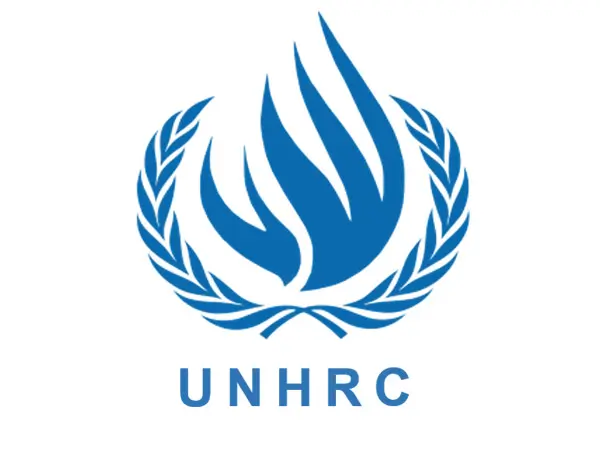The United Nations Human Rights Committee has raised concerns over the increasing incidents of enforced disappearances and state violence in Balochistan during a review of Pakistan’s human rights record. The committee, tasked with overseeing the implementation of the International Covenant on Civil and Political Rights (ICCPR), highlighted the issue as part of its ongoing 142nd session in Geneva.
The committee’s review of Pakistan’s human rights situation included a focus on violations of civil and political rights, with particular emphasis on enforced disappearances in Balochistan. Hélène Tigroudja, a French legal expert and member of the committee, presented a report on the situation in Balochistan, raising serious concerns before the Pakistani delegation.
Significant Increase in Enforced Disappearances
Tigroudja pointed out that the number of enforced disappearances in Balochistan has increased significantly since Pakistan’s last review in 2017. Referring to data from the UN Working Group on Enforced or Involuntary Disappearances and other human rights organizations, she noted that over 7,000 cases of enforced disappearances have been reported in Pakistan between 2004 and 2024. Many of these cases are linked to the state’s counter-terrorism policies.
According to Tigroudja, political activists, journalists, students, and human rights defenders, particularly from the Baloch community, have been disproportionately targeted. She also highlighted that minority communities, including Ahmadis and Pashtuns, have similarly been subjected to enforced disappearances.
Tigroudja expressed alarm over the state’s use of force against peaceful protesters and activists in Balochistan, particularly those who oppose enforced disappearances and extrajudicial killings. She raised concerns about the state’s suppression of dissent and criticized Pakistan for preventing activists, such as Sammi Baloch, from attending international forums, including the UN sessions.
Calls for Legal Reforms and Accountability
During the session, Tigroudja questioned Pakistan’s efforts to legislate against enforced disappearances and demanded independent investigations into these cases. She criticized the existing Commission of Inquiry on Enforced Disappearances for its lack of independence and effectiveness, citing concerns raised by Pakistan’s own Supreme Court regarding the commission’s transparency.
Tigroudja emphasized that no significant legal reforms had been introduced by Pakistan to address the issue. She urged the Pakistani government to ensure thorough and independent investigations into all cases of enforced disappearances and to provide justice and compensation to the victims and their families.
She further pressed Pakistani officials on why the government had failed to implement reforms suggested by the Supreme Court and questioned what steps were being taken to prevent future disappearances.
Pakistan’s Response
In response to Tigroudja’s questions, the Pakistani delegation provided statistics claiming that out of 10,354 cases of enforced disappearances, 8,077 had been resolved. The delegation stated that over 4,500 missing persons had been recovered and suggested that many other cases were not classified as enforced disappearances, but instead involved individuals who had voluntarily disappeared, were involved in terrorism, or had left the country without informing their families.
The delegation reiterated Pakistan’s commitment to addressing enforced disappearances, citing the establishment of a Commission of Inquiry headed by a Supreme Court judge. However, the committee remained skeptical due to the commission’s lack of transparency and independent oversight.
Awaiting Further Responses
As the review continues, the international community is closely monitoring Pakistan’s response to the ongoing crisis of enforced disappearances, particularly in Balochistan. The committee has urged Pakistan to take concrete steps to prevent further violations and to implement reforms that ensure accountability for those responsible for enforced disappearances.
The UN Human Rights Committee remains unconvinced by Pakistan’s initial responses, and the Pakistani delegation is expected to answer further questions in Geneva in the coming days.

